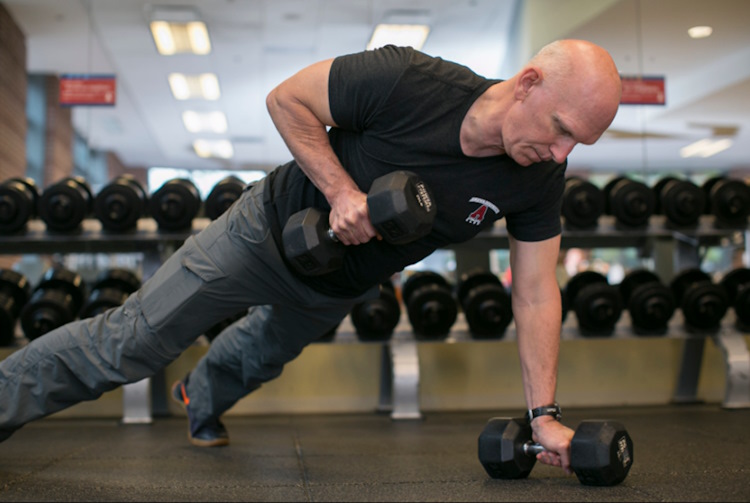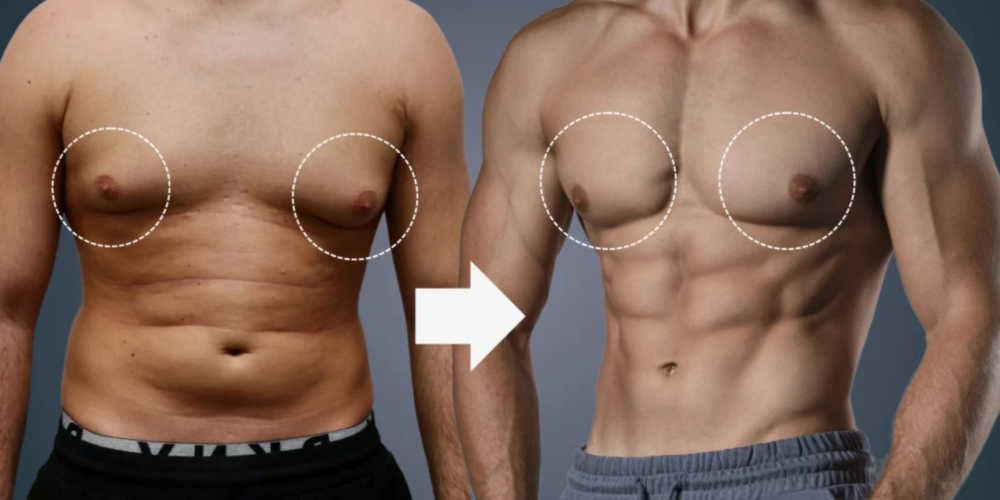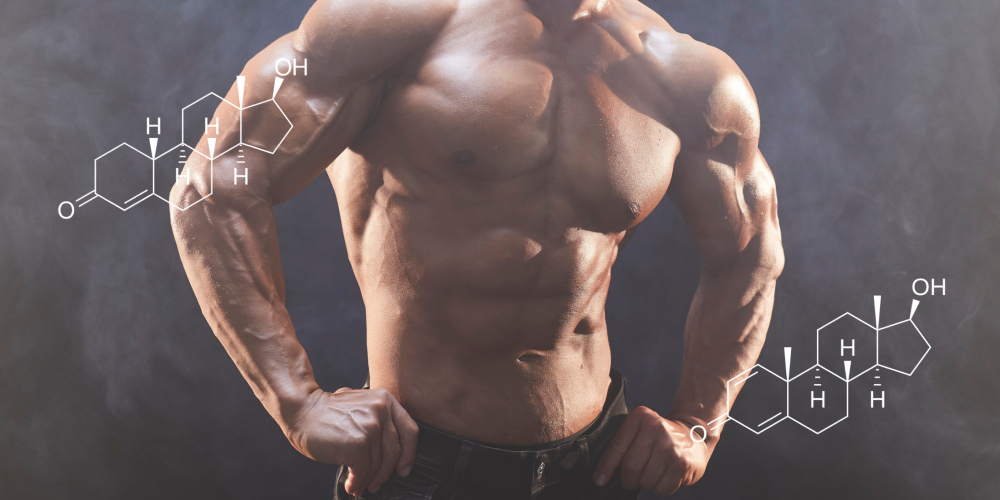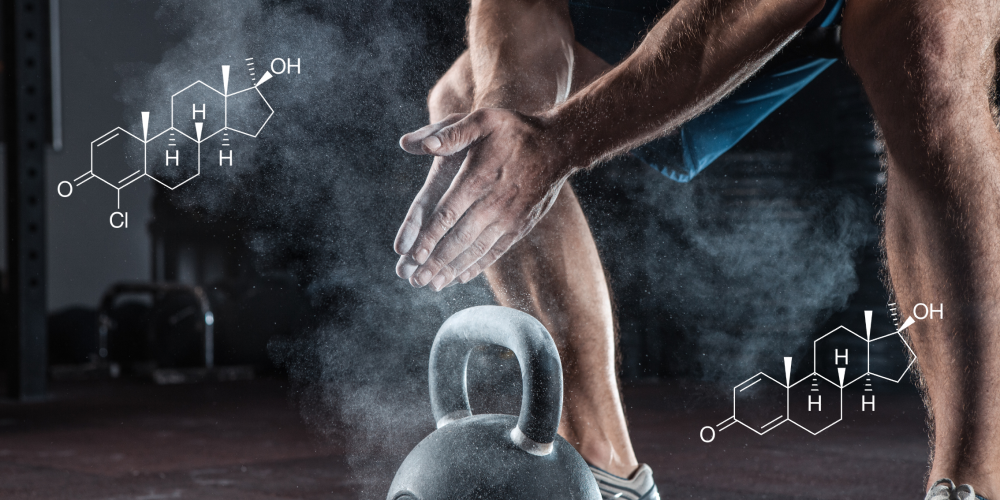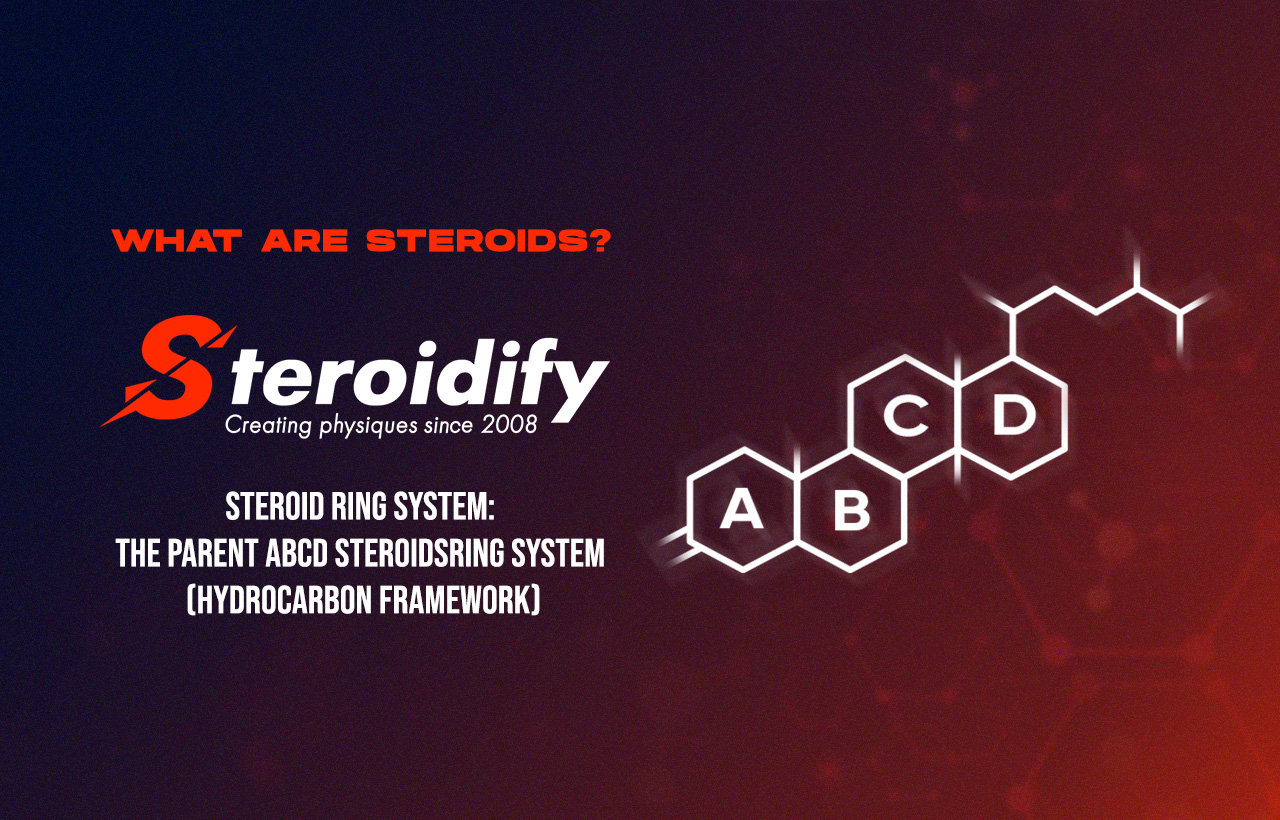To Fast or Not to Fast: The Pros and Cons of Intermittent Fasting for Bodybuilders
Intermittent fasting (IF) is a popular dietary strategy that involves alternating periods of eating and fasting. Some people swear by it as a way to lose fat, improve health, and simplify their lifestyle. But is it good for bodybuilding? Can you build muscle and strength while fasting for hours or even days? In this article, we will explore the pros and cons of IF for bodybuilders, based on scientific evidence and practical experience.
What is intermittent fasting?
Intermittent fasting is simply the practice of going an extended period taking in zero calories—basically drinking only plain water and either black coffee or tea. Many variations of IF exist, but the most common ones are:
- 16:8 fasting: This involves fasting for 16 hours, then eating during an eight-hour “feeding window.” For example, you might skip breakfast and eat from noon to 8 p.m.
- Alternate day fasting: This involves fasting for 24 hours, then eating normally the next day. For example, you might eat on Monday, fast on Tuesday, eat on Wednesday, and so on.
- 5:2 fasting: This involves eating normally for five days a week, then restricting your calories to about 25% of your normal intake on two non-consecutive days. For example, you might eat 2,000 calories a day from Monday to Friday, then eat 500 calories a day on Saturday and Sunday.
The benefits of intermittent fasting
Intermittent fasting has been shown to have several benefits for health and performance, such as:
- Greater fat burning: Research has shown that fasting for relatively long periods may result in greater fat burning and accelerated fat loss, even when daily calorie intake remains the same. This is because fasting activates genes and enzymes that increase fat oxidation and energy expenditure.
- Improved insulin sensitivity: Fasting can lower blood sugar and insulin levels, which can improve insulin sensitivity and glucose metabolism. This can help prevent or reverse type 2 diabetes and metabolic syndrome.
- Enhanced autophagy: Fasting can stimulate autophagy, which is the process of cellular self-cleaning and recycling. Autophagy can protect against aging, inflammation, infection, cancer, and neurodegenerative diseases.
- Reduced inflammation: Fasting can reduce the production of pro-inflammatory cytokines and oxidative stress markers, which can lower chronic inflammation and improve immune function.
- Increased growth hormone: Fasting can boost the secretion of growth hormone (GH), which can promote muscle growth, fat loss, bone health, and recovery.
- Improved brain function: Fasting can enhance cognitive performance, memory, learning, mood, and neurogenesis. Fasting can also protect against Alzheimer’s disease and Parkinson’s disease by modulating brain-derived neurotrophic factor (BDNF) and other neuroprotective factors.
The drawbacks of intermittent fasting
Intermittent fasting is not without its challenges and potential drawbacks, especially for bodybuilders. Some of the common issues are:
- It’s hard to bulk (especially for hardgainers): Fasting can make it difficult to consume enough calories and protein to support muscle growth. This is especially true for people who have a high metabolism or a low appetite. Fasting can also suppress the anabolic hormones insulin and IGF-1, which are important for muscle synthesis.
- Working out fasted may be difficult for some: Fasting can affect your energy levels, strength, endurance, and performance during exercise. This is especially true for high-intensity or long-duration workouts that rely on glycogen as a fuel source. Fasting can also increase muscle breakdown and cortisol levels during exercise.
- It may interfere with your social life: Fasting can limit your flexibility and spontaneity when it comes to eating out with friends or family. You may have to skip meals or adjust your feeding window to accommodate your social plans. You may also face some criticism or misunderstanding from others who don’t understand or support your dietary choice.
How to do intermittent fasting for bodybuilding
If you decide to try intermittent fasting for bodybuilding, here are some tips to help you get the most out of it:
- Choose a fasting protocol that suits your goals and lifestyle: There is no one-size-fits-all approach to IF. You have to experiment with different methods and find what works best for you. For example, if you want to lose fat while maintaining muscle mass, you might opt for a 16:8 or a 5:2 protocol. If you want to gain muscle while minimizing fat gain, you might opt for an alternate day or a modified alternate day protocol.
- Adjust your calorie and macronutrient intake accordingly: Regardless of your fasting protocol, you still have to pay attention to your total calorie and macronutrient intake. To lose fat, you have to create a calorie deficit. To gain muscle, you have to create a calorie surplus. To optimize your body composition, you also have to consume enough protein (at least 1.6 grams per kilogram of body weight per day), moderate carbohydrates (around 3-5 grams per kilogram of body weight per day), and healthy fats (around 0.5-1 gram per kilogram of body weight per day).
- Time your workouts and meals strategically: You have to plan your workouts and meals around your fasting and feeding windows. Ideally, you want to train during or near the end of your fasting window, and consume most of your calories and protein in the post-workout period. This can help you maximize fat burning during the fasted state, and muscle building during the fed state.
- Supplement wisely: You may benefit from taking some supplements to enhance your IF results. For example, you may want to take branched-chain amino acids (BCAAs) or essential amino acids (EAAs) before or during your fasted workouts to prevent muscle breakdown and stimulate muscle protein synthesis. You may also want to take creatine, caffeine, beta-alanine, citrulline malate, or other ergogenic aids to boost your performance and recovery.
Intermittent fasting is a dietary strategy that can have several benefits for health and performance, but it also has some drawbacks and challenges, especially for bodybuilders. Whether you should do it or not depends on your goals, preferences, and individual response. If you decide to give it a try, make sure to follow some basic guidelines and tips to optimize your results. Remember that IF is not a magic bullet or a quick fix. It is just one of the many tools you can use to improve your body composition and fitness.



